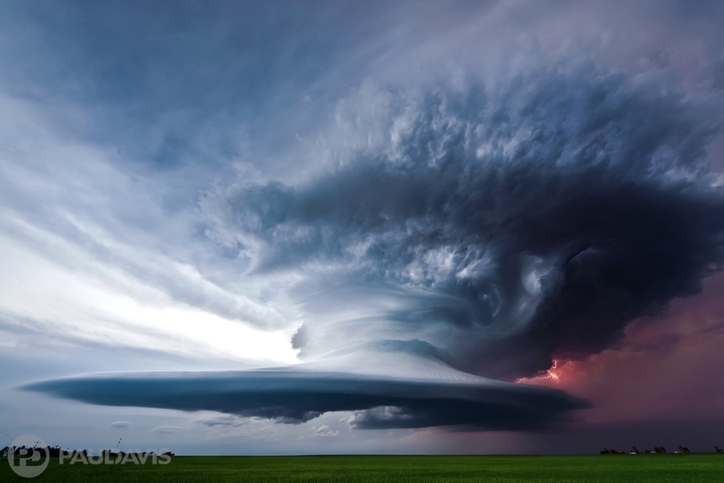
Insured damages from ice storms, floods, windstorms and tornadoes across Canada rang up an astounding C$1.9 billion in costs last year, according to the Insurance Bureau of Canada (IBC). That organization noted that the year 2018 ranked fourth overall for highest amount of losses on record.
This year is giving last year significant competition in the record books. With six months of severe activity in the books, forecasters predict that the remainder of the year will be just as challenging. For Paul Davis, tracking forecasts and completing strategic planning has enabled the company to respond rapidly and completely with response, mitigation and restoration all over the country.
This year, Paul Davis teams have been on-site responding to, or preparing for:
Spring Flooding: Historic flooding affected Ontario, Quebec and New Brunswick. As residents and communities continue to recover from these devastating events, officials warn that more severe, frequent and extreme flooding is likely in the years to come.
Severe Storms: Tornados are much more common then in the United States; through Canada has an average of 60 tornadoes confirmed yearly, damage is much more likely from severe storms marked by large hail, high winds and localized flooding. Meteorologists expect the severity and frequency of these storms to increase as well. Throughout the year, Canadians can access local severe weather alerts online.
Fire season: Across Canada, fire damages continue to increase in size every year. Further, the traditional fire season from May through September has extended in recent years. In 2019, experts warn that the fire risk in Western Canada is already high to extreme. Yukon and Alberta have already experienced a pronounced increase in usual fire activity with forced evacuations in northwestern Alberta and central British Columbia. Throughout the year, citizens can access the Canadian Wildfire Information System for real-time information on fire location and behavior.
Not all weather and natural disasters are predictable despite the considerable talents of forecasters, particularly considering the rapidly changing weather patterns around the world. Paul Davis teams remain vigilant round the clock throughout the year to respond rapidly where help is required.
